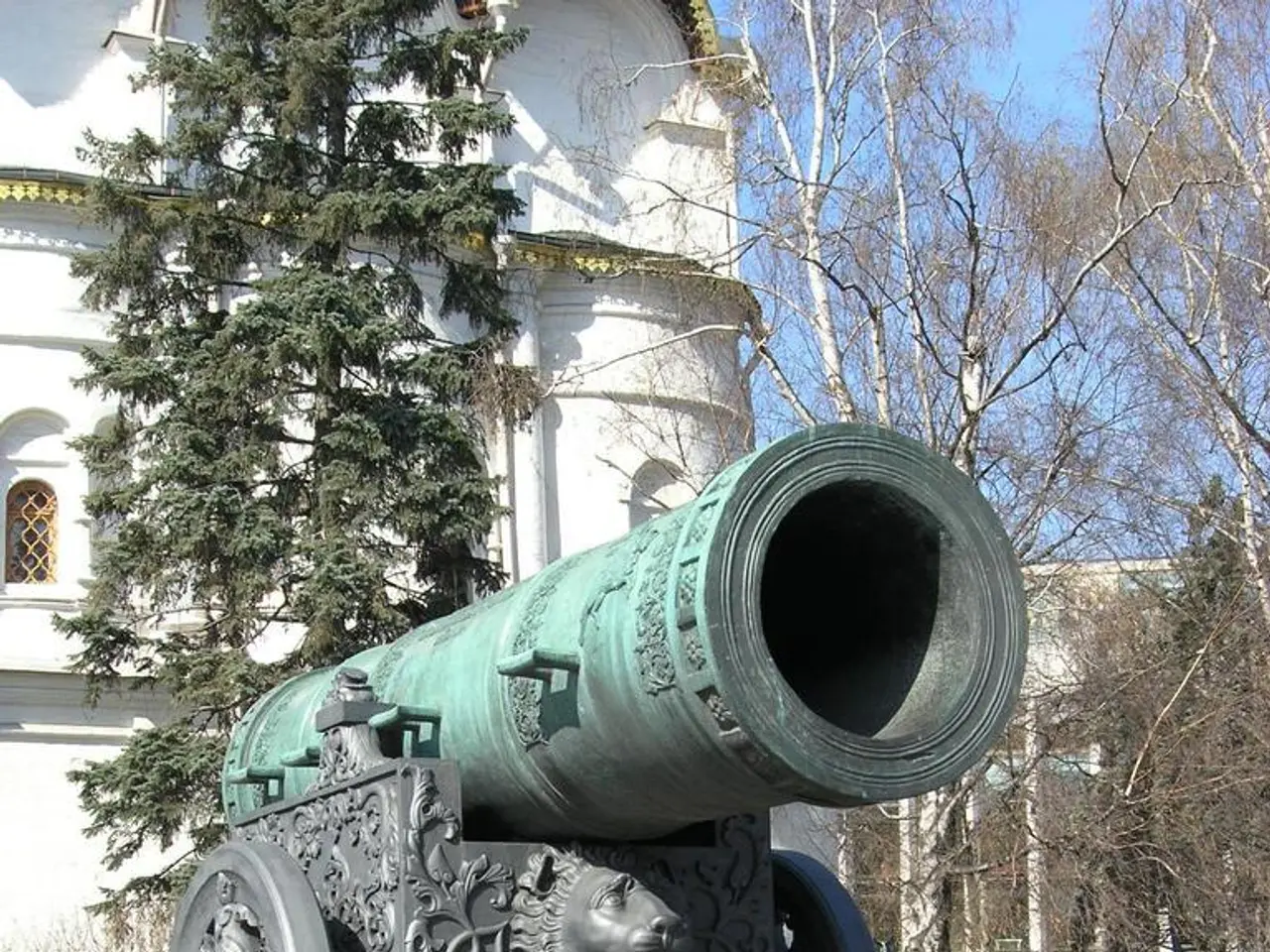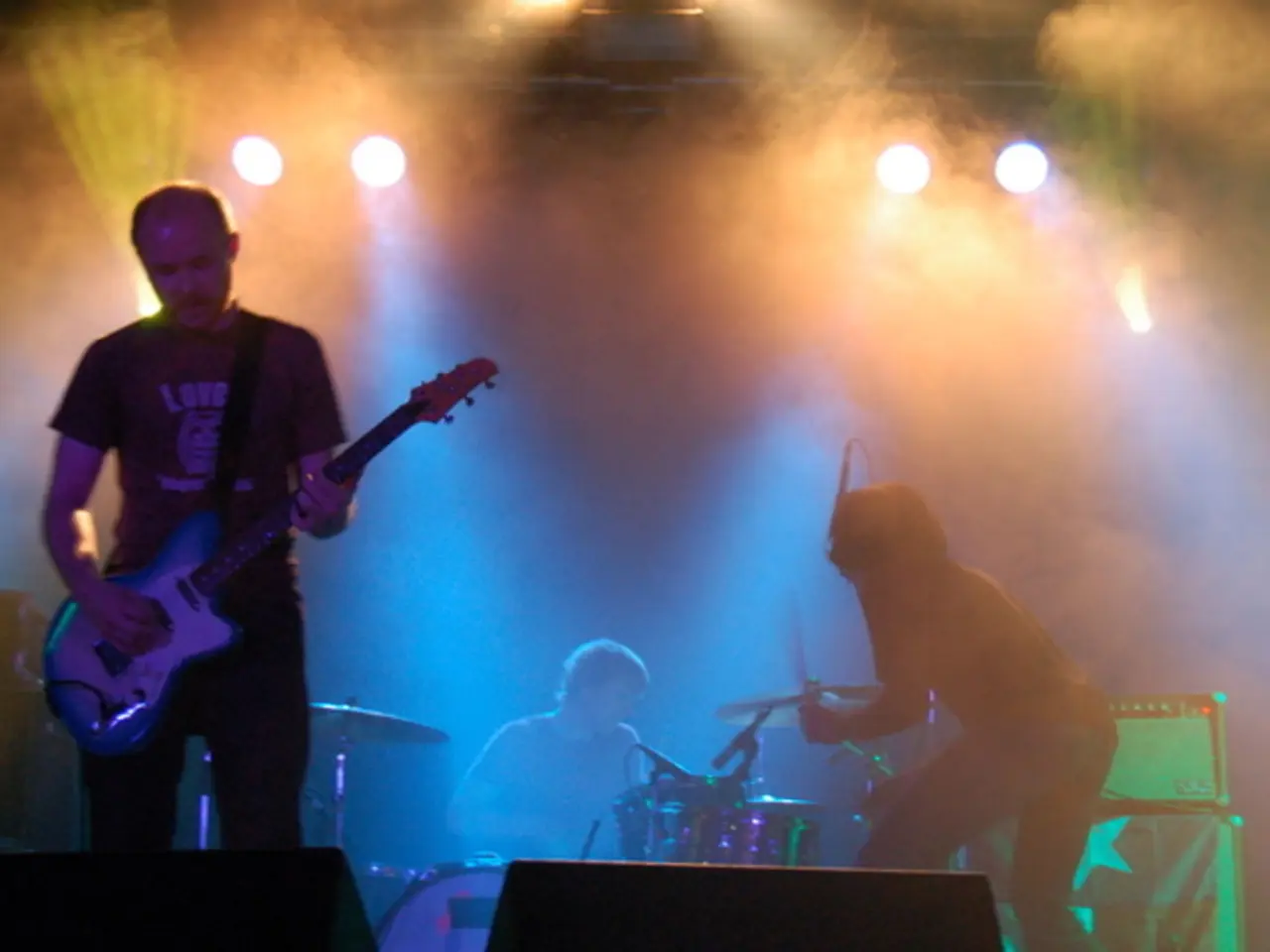Russia's Role in Triggering Nuclear Ignition
In a significant development, a strategy paper titled "From Passive to Active Deterrence: Russia's New Security and Geopolitics" has been published, outlining Russia's future security doctrine. The document, penned by three high-ranking Russian political scientists and government advisors, was initially intended for internal use by the Russian government but was eventually published by the Moscow publisher "Young Guard."
The central theme of the document is enhanced nuclear deterrence, understood as Russia's life insurance and the basis of all considerations. The authors attribute the current state of relations between Russia and the West to the West not taking Russia seriously as a nuclear power. They suggest that the fact that Russia and China possess nuclear weapons is "objectively one of the factors for the long-term maintenance of friendly relations between the two countries."
The strategic paper emphasizes transitioning from a passive defense posture to a more assertive and proactive deterrence strategy. It signals Russia's preparedness to test NATO security guarantees and assert readiness to respond to perceived threats with an active military stance. Key recommendations include enhancing Russia's military capabilities, including advanced drone swarms and modernized equipment, to maintain and advance its deterrence capacity despite heavy losses in prior conflicts.
The authors propose that even symbolic targets such as the Kyiv government district and the command centers of the military and intelligence services should be attacked. They claim that a lower threshold for the use of nuclear weapons could prevent a further arms race. However, they also stress that nuclear weapons should hopefully never be used and that a multidimensional arms race must be prevented.
The book warns of similarly threatening scenarios in Washington and Brussels. The authors believe that Russia will not allow nuclear weapons to be 'bracketed' and see their country at war not only in Ukraine but also with the ruling circles of Europe who are preparing for a major war with Russia. The authors call for a nuclear-free world to be a goal seriously pursued by humanity for its own survival.
The publication serves as the ideological-theoretical foundation for aggressive statements by Russia's political elite. Dmitrij Trenin, Sergej Awakjanz, and Sergej Karaganov, active in leading positions at the Institute for Global Military and Strategic Studies and the Faculty of World Economy and World Politics at the Higher School of Economics in Moscow, are the authors of the document. The book "From Passive to Active Deterrence: Russia's New Security and Geopolitics" was published in German by Welttrends Verlag.
The Russian armed forces should control the Ukrainian territory, with the exception of the western regions, and establish a "New Ukraine" as a demilitarized agricultural buffer zone, according to the document. Western politicians and diplomats should listen to these nuances, although they are generally overshadowed by atomic saber-rattling. What is urgently needed are not more weapons of destruction, but more dialogue, understanding, trust, arms control, and disarmament.
The Potsdam World Trends publisher has published it in German to provide readers with a more accurate understanding of the debate on nuclear deterrence in Russia. The book suggests that the military clash in Ukraine is based on the West's insufficient trust in Russia's nuclear intimidation. The authors warn that if the West continues to underestimate Russia's nuclear capabilities, it could lead to a dangerous escalation in the region.
In sum, Russia’s new security doctrine as captured in "From Passive to Active Deterrence" is shaped by the trauma of sustained conflict, losses, and sanctions, and it recommends a shift toward a more aggressive and proactive deterrence strategy combining military modernization, rapid readiness to counter NATO threats, and resilience against Western economic pressures.
- The strategic paper, "From Passive to Active Deterrence: Russia's New Security and Geopolitics," discusses general news, politics, and crime-and-justice, as it delves into Russia's nuclear deterrence strategy and its potential implications for international relations.
- The publication, which also includes warnings about the danger of an arms race and advocate for disarmament, is part of the wider discourse on war-and-conflicts and geopolitical strategies.








